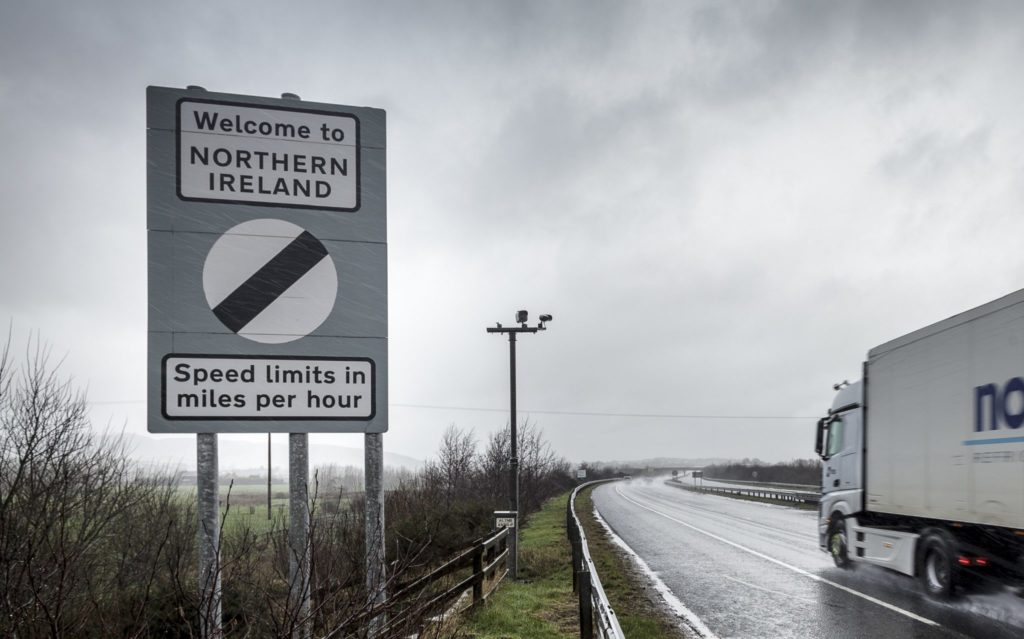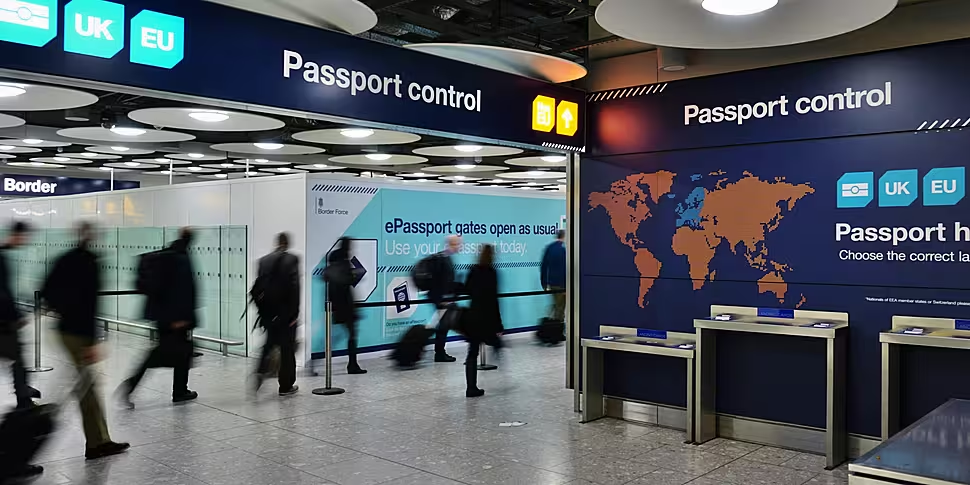The Justice Minister is to seek Cabinet approval for emergency legislation so the UK can be designated as a safe country to return asylum seekers to.
It follows a judgement from the High Court last month that found designating the UK as a "safe third country" for returning asylum seekers, in the context of Britain's Rwanda plan, is contrary to European Union law.
The Rwanda Bill would see asylum seekers "entering the UK illegally" sent to the central African nation regardless of the outcome of their application.
Helen McEntee intends that returns to the UK will recommence once the law is enacted.
It came about due to presentations from the North to the Republic of international protection applicants seeking asylum here.
'There's been a shift'
The Tanaiste Micheál Martin says Minister McEntee's claim that 80% of asylum seekers are arriving here across the Irish border from the North is not based in fact.
But he says there has been a definite shift by asylum seekers moving away from arriving through ports and airports.
The Tánaiste says Minister McEntee was expressing a 'perspective' on the changing numbers.
"There's been a shift - if you remember all the earlier commentary was on people coming in on planes without documentation and so on - that has lessened somewhat," he said.
"There's been a switch in terms of the pattern of migration, and that's the sense from our justice officials".
'No deal' on asylum seekers' return
British Prime Minister Rishi Sunak said on Monday there wasn't a deal to be done, but the Irish Government insists this will replace current agreements ruled unlawful by the High Court last month.
Mr Sunak told ITV: "We’re not going to accept returns from the EU via Ireland when the EU doesn’t accept returns back to France where illegal migrants are coming from. Of course we’re not going to do that."
Minister McEntee will also update ministerial colleagues on engagements around the steps to prevent abuses of the Common Travel Area between Ireland and the UK.
 An articulated lorry crosses the Irish-UK border near the town of Newry in February 2017. Image: Mariusz Smiejek/DPA/PA Images
An articulated lorry crosses the Irish-UK border near the town of Newry in February 2017. Image: Mariusz Smiejek/DPA/PA ImagesMeanwhile the Tánaiste will also look for Cabinet approval to draft a bill to change the Triple Lock system for overseas deployment of the Defence Forces.
The changes would see troops sent overseas by a national decision-making process while removing the veto power of the United Nations Security Council but proposes to remain consistent with the UN Charter.
If approved the Tánaiste intends to have a General Scheme of the Bill by June.
Additional reporting: Jack Quann









